Abstract:
The Okavango Delta is a unique wetland ecosystem in Southern Africa that supports rich biodiversity and human livelihoods. However, the Delta faces threats from local, transnational, and global factors, such as climate change, oil exploration, land use change, and institutional challenges. This paper reviews the management of the Okavango Delta, which involves three countries (Angola, Botswana, and Namibia) and various stakeholders. The paper identifies the main problems and gaps in the existing management plan and proposes recommendations for improving the sustainability and resilience of the Delta and its people. The author suggests that policymakers and stakeholders should: a) adopt a holistic and adaptive approach that considers the complex and dynamic interactions of climate change, hydrology, ecology, and socio-economic factors in the Okavango Basin; b) enhance the cooperation and coordination among the three countries and among different sectors and actors within each country to address the transboundary nature of the Delta and its resources; c) strengthen the capacity and participation of local communities and civil society organizations in the management plan; and d) secure adequate and sustainable funding and support from national governments, regional organizations, international donors, and private sector to implement the management plan and its actions.
Keywords
Okavango Delta, Southern Africa, transboundary water management, climate change adaptation, biodiversity conservation, sustainable development.










